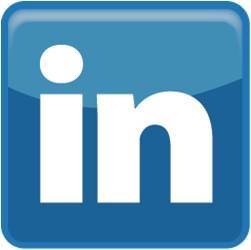Your LinkedIn profile is similar to your resume. Your profile shares the same information as your resume but in greater detail.
Employers use your LinkedIn profile to see what you have to offer their organizations. This increases your likelihood of being contacted for an interview during a job search.
As a result, you want to avoid making the mistakes that many candidates make with their LinkedIn profiles. Here are some of the most common errors.
Be sure to correct any of the following mistakes you may be making with your LinkedIn profile.
Lacking a Headshot
Most employers want to know what you look like before they connect. Having a photo promotes trust with employers.
Find a family member or friend who can take a photo of you. Ensure it is clear and presents you in a professional manner.
Having a Poor Headline
Your headline may be unprofessional, such as “Programming Ninja” or “HR Super Hero.” It also might be either overflowing with keywords or entirely missing them.
Choose a professional headline, such as “Computer Programmer” or “HR Generalist,” that clarifies the line of work you are in. Also, include keywords relevant to the work you do. This helps hiring managers find you in LinkedIn searches.
Missing an Engaging Summary
Your About section needs to make you stand out. It has to show employers why they would want to hire you.
Ensure your summary shows your personality. Include what you do for a living and why you started in the industry. Share what you are talented at and what you like best about your job.
Differing Work History on Your Resume
The information on your LinkedIn profile needs to align with the information on your resume. Your profile should go into more detail about your resume information.
Including similar information on your LinkedIn profile and resume provides continuity in your work history. This helps the hiring managers to understand your career trajectory and how you can benefit their organization.
Listing Duties Instead of Accomplishments
Hiring managers are more interested in what you achieved at work than what your tasks and duties were. They want to know how you can add value to their companies as you did with other organizations.
Share the awards you received, challenges you overcame, and how you went above and beyond to help previous employers. Include numbers to give context to your achievements.
Lacking Relevant Skills
List your skills that are relevant to your career. This lets hiring managers know what your abilities are.
Include your skills that differ from other professionals in your industry. This helps you stand out among other candidates.
Need Help Finding a Job?
Partner with Corps Team to find your next role. Visit our job board today.

